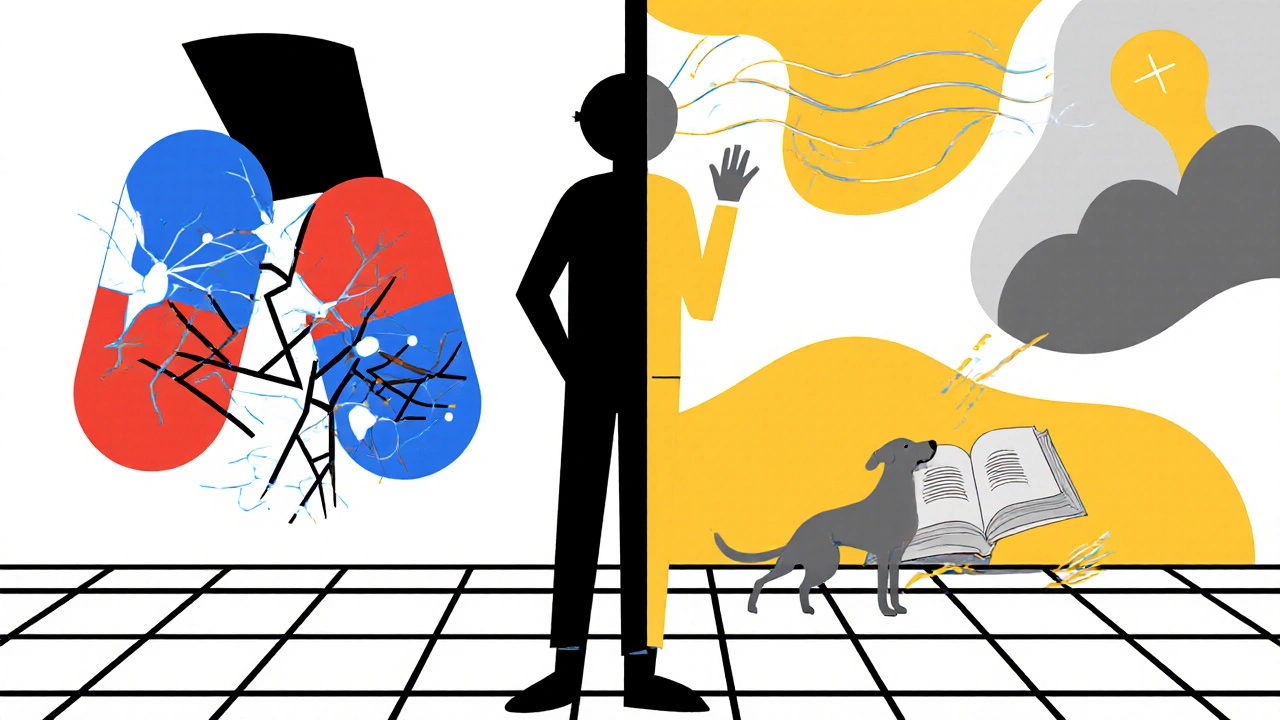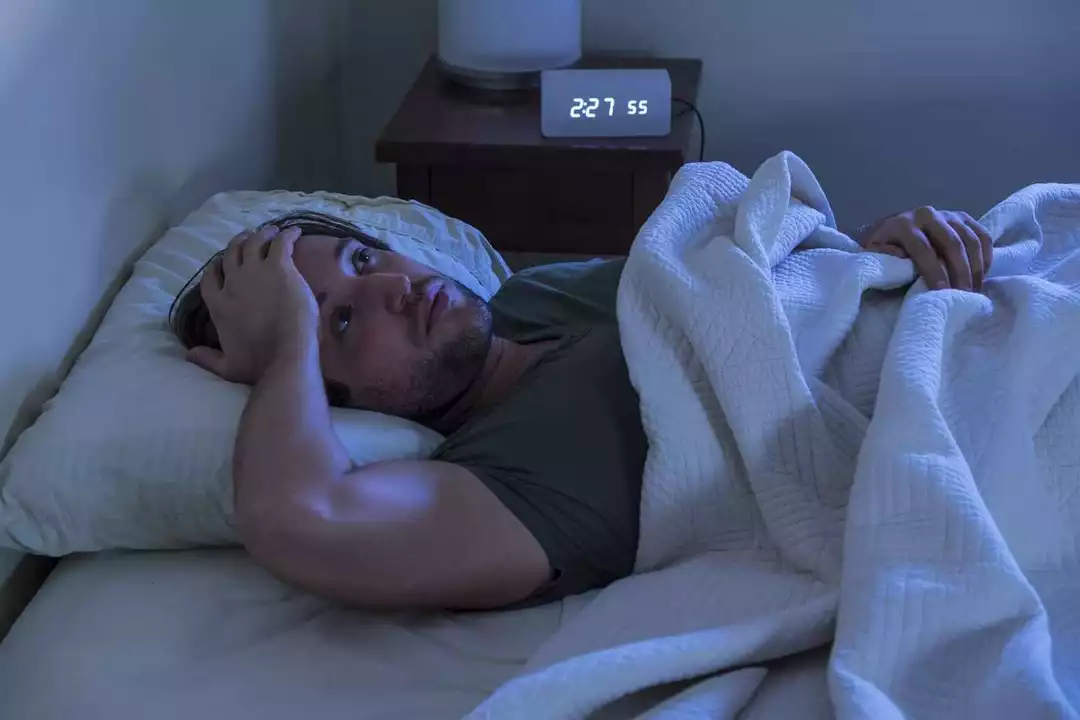Acamprosate: How it helps prevent alcohol relapse
Acamprosate is a medicine many doctors use to help people stay sober after they stop drinking. It won’t take away withdrawal symptoms, but it can lower the craving that often causes relapse. Think of it as a steadying hand while you work on therapy, support groups, and new routines.
How acamprosate works and who should consider it
The drug works on brain chemistry tied to long-term alcohol use, mainly by calming overactive glutamate signals and supporting GABA activity. That balance helps reduce the constant urge to drink that many people feel after quitting. Doctors typically recommend acamprosate for adults diagnosed with alcohol dependence who are already abstinent or very close to it—most start treatment a few days after detox.
Clinical trials show acamprosate improves the odds of staying sober compared with placebo, especially when paired with counseling or therapy. It’s not a quick fix; it supports other treatments. If you struggle with heavy cravings that sabotage recovery, acamprosate is a reasonable option to discuss with your clinician.
Practical tips: dosing, side effects, safety, and buying
Standard dosing for adults is two 333 mg tablets (666 mg) taken three times daily, totaling 1,998 mg per day. People with lower body weight or reduced kidney function may need a lower dose—your doctor will advise. Don’t use acamprosate to treat alcohol withdrawal symptoms like shaking or hallucinations; those need medical detox first.
Common side effects include diarrhea, nausea, stomach pain, gas, and sometimes sleep trouble or anxiety. Most of these ease after the first week or two. Serious problems are rare but include allergic reactions or worsening kidney issues. If you have kidney disease, your provider must check function before and during treatment.
Acamprosate is mostly eliminated by the kidneys and has few drug interactions, which makes it easier to combine with other medicines such as naltrexone when a doctor decides a combination is helpful. Still, list all medications and supplements so your clinician can spot any risks.
This medicine usually comes as the brand Campral or as a generic acamprosate calcium. It’s prescription-only in many countries. If you buy online, use a licensed pharmacy that requires a prescription and lists clear contact and licensing info. Avoid sites that sell without a prescription—products may be fake or unsafe.
FAQ: How fast does it work? Some people feel less craving within a week, but it can take longer. How long to take it? Programs commonly use 6–12 months, adjusted to your progress. Missed dose? Take it as soon as you remember unless the next dose is near—don’t double up.
If you think acamprosate might help, bring it up with your addiction specialist or primary care doctor. They’ll check your kidneys, discuss how it fits your recovery plan, and pair the medicine with counseling, which really boosts success.
Acamprosate helps reduce alcohol cravings, but long-term recovery often depends on finding meaning through spirituality-not religion. Learn how faith, mindfulness, and purpose support sobriety alongside medication.
In my recent research, I discovered that Acamprosate, a medication commonly used to treat alcohol dependence, can also impact sleep quality. It appears that Acamprosate may help improve sleep by reducing alcohol cravings, which can lead to better overall sleep patterns. However, some studies have shown that it can cause insomnia as a side effect for some individuals. It's essential for those taking Acamprosate to monitor their sleep quality and consult their doctor if they experience any issues. Overall, the medication's effect on sleep varies from person to person, and more research is needed to understand its full impact.

